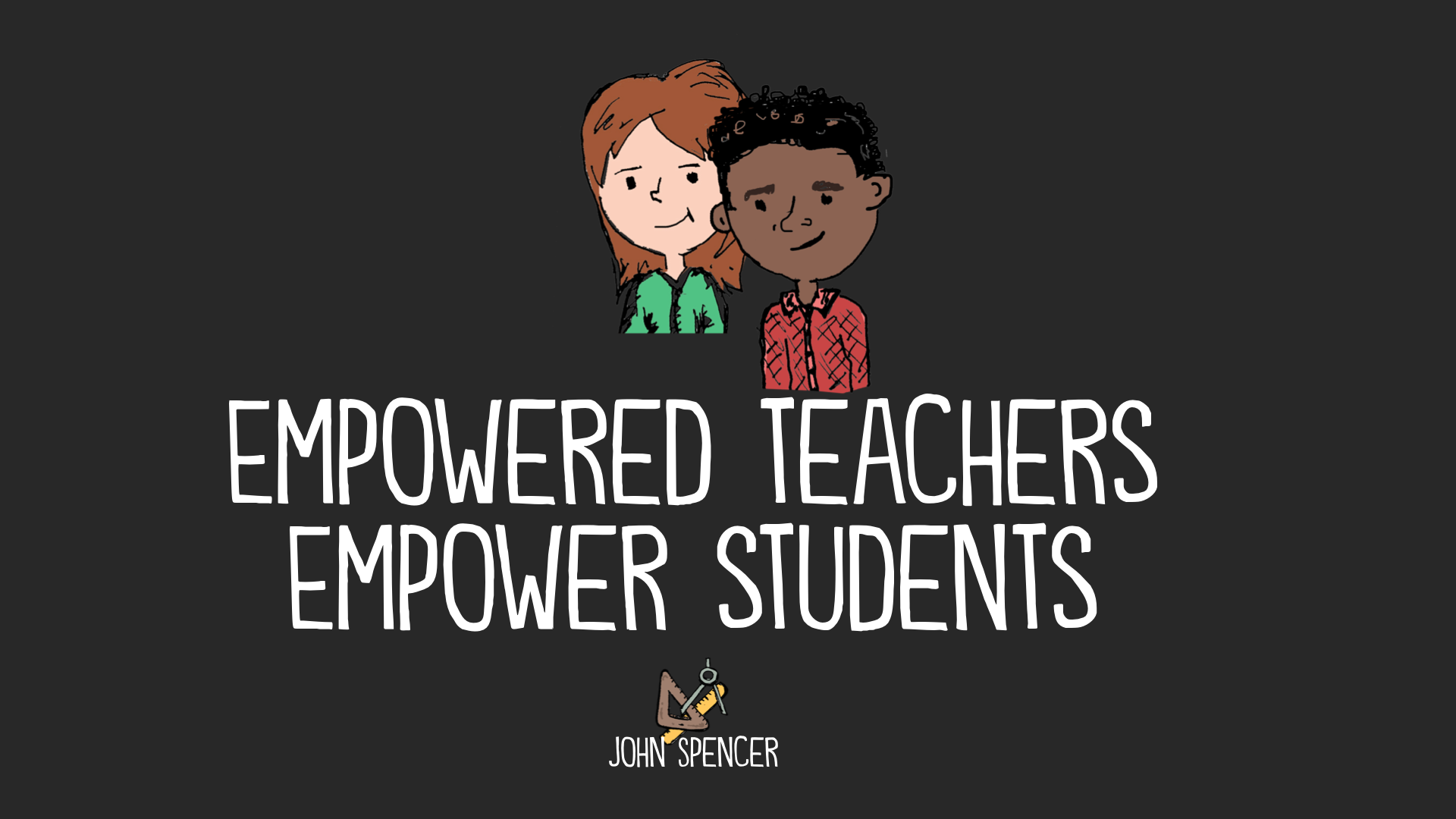Hi Chokri
Technology should enhance education by providing tools for personalized learning, accessibility, and engagement—but it cannot replace the emotional support, mentorship, and social interaction that teachers and peers provide. Human connection is essential for motivation, empathy, and critical thinking.
Best posts made by AHLEM18c600e513
-
RE: Should traditional classrooms be replaced by fully virtual learning environments by 2025?posted in 3.0 Teaching in the 21st Century Competition
-
RE: Empowering Education: Navigating Personalized Learning Technologies for Equity and Excellenceposted in Teaching in the 21st Century Teacher competition 2.0
- Digital Divide: Many students lack access to essential technology and internet connectivity, which exacerbates disparities in educational opportunities.
- Socioeconomic Factors: Affordability of devices and internet services can be a barrier, particularly for families with limited financial resources.
- Rural and Remote Communities: Geographical location can further compound issues of access, as some areas have limited infrastructure for internet connectivity.

-
RE: How does AI contribute to integrating climate education into school?posted in Teaching green
@Bousl2336873cb4
AI-powered storytelling: AI can generate engaging climate stories based on real-world data, helping students visualize future environmental scenarios and inspire action. -
RE: الذكاء الاصطناعي: بوابة التعليم نحو المستقبلposted in Discussions in Arabic
@Bousl2336873cb4 يُحدث الذكاء الاصطناعي تحولاً جذريًا في مفهوم التعليم، حيث أصبحت الخوارزميات قادرة على تتبع مستوى تقدم المتعلم وتوفير أنشطة تناسب قدراته الشخصية. ويساهم الذكاء الاصطناعي في تحسين التخطيط الدراسي، وتقليل الفجوات التعليمية، وتوفير حلول مبتكرة للمتعلمين في المناطق النائية. ومع كل هذه الفرص، يبقى التحدي في إعداد الأجيال الحالية لاستخدام هذه الأدوات بوعي ومسؤولية، لضمان بناء مجتمع معرفي مستدام.
-
RE: Should traditional classrooms be replaced by fully virtual learning environments by 2025?posted in 3.0 Teaching in the 21st Century Competition
Hello Manal
While technology can enhance access to information and personalize learning, it cannot replicate the empathy, encouragement, and real-time emotional feedback that human educators provide. Education is not just about content delivery it's also about mentorship, motivation, and relationships, which are fundamentally human. -
RE: How to become the winnerposted in Teaching in the 21st Century Teacher competition 2.0
I want to carry out a project on Bullying in educational establishments
Waht your opinion?
-
RE: Smart & Green: How AI is Revolutionizing Climate Education ?posted in Teaching green
@Bousl2336873cb4
AI tailors climate education to individual students, adapting lessons on sustainability, renewable energy, and conservation based on their learning pace. Smart algorithms recommend interactive content like carbon footprint calculators or virtual ecosystem simulations making complex topics engaging and accessible. -
RE: Educational Neuroscienceposted in 3.0 Teaching in the 21st Century Competition
@Bousl2336873cb4
)- Educational Neuroscience is a dynamic field that connects brain science, psychology, and education to better understand how students learn. It explores how memory, attention, emotion, and cognition influence learning processes, aiming to improve educational methods using scientific evidence. This interdisciplinary approach provides a deeper understanding of how the brain develops and functions in learning environments. -
RE: Bullying in educational establishmentsposted in Teaching in the 21st Century Teacher competition 2.0
@Bousl2336873cb4
Well done, this is a very good topical subject. -
RE: Problem of water in the worldposted in Teaching green
@Bousl2336873cb4 Relevant and inclusive topic. Thank you for your active participation in this E-Teach forum



-
RE: Rural Educationposted in 3.0 Teaching in the 21st Century Competition
@Bousl2336873cb4
Designing curriculum around local issues such as agriculture, ecology, or crafts through project-based learning can help students connect theory with practice. This approach enhances motivation, encourages problem-solving, and nurtures innovation using resources already available in rural settings. -
RE: Bullying in educational establishmentsposted in Teaching in the 21st Century Teacher competition 2.0
@Bousl2336873cb4 I really appreciate all your comments and your involvement in the subject.
-
RE: Problem of water in the worldposted in Teaching green
@Bousl2336873cb4
Well done, this is a very good topical subject. -
RE: Educational Neuroscienceposted in 3.0 Teaching in the 21st Century Competition
@Bousl2336873cb4 I really appreciate all your comments and your involvement in the subject.
-
RE: Educational Neuroscienceposted in 3.0 Teaching in the 21st Century Competition
@Bousl2336873cb4 I really appreciate all your comments and your involvement in the subject.
-
RE: Educational Neuroscienceposted in 3.0 Teaching in the 21st Century Competition
@Bousl2336873cb4 Relevant and inclusive topic. Thank you for your active participation in this E-Teach forum



-
RE: Educational Neuroscienceposted in 3.0 Teaching in the 21st Century Competition
@Bousl2336873cb4 Relevant and inclusive topic. Thank you for your active participation in this E-Teach forum



-
RE: Educational Neuroscienceposted in 3.0 Teaching in the 21st Century Competition
@Bousl2336873cb4
Relevant and inclusive topic. Thank you for your active participation in this E-Teach forum


-
RE: Should traditional classrooms be replaced by fully virtual learning environments by 2025?posted in 3.0 Teaching in the 21st Century Competition
@Sanam Relevant and inclusive topic. Thank you for your active participation in this E-Teach forum



-
RE: Should traditional classrooms be replaced by fully virtual learning environments by 2025?posted in 3.0 Teaching in the 21st Century Competition
@Bousl2336873cb4 Relevant and inclusive topic. Thank you for your active participation in this E-Teach forum


